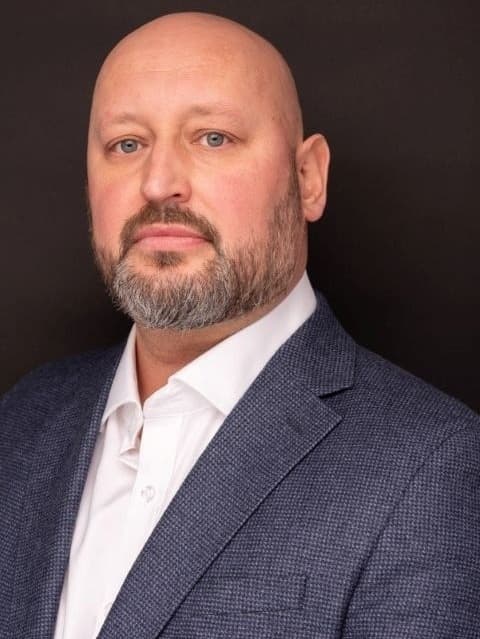Dan is a Polish-British Professor of Criminal Psychology and Licenced Clinical Psychologist (certified by Postgraduate Medical Education Centre, Poland). He received his PhD in Criminal Psychology from Ulster University, Post-Doctoral degree in Psychology (habilitation) from SWPS University, and his first Full Professorship in Criminal Psychology from the University of Huddersfield. In 2021, the President of the Republic of Poland conferred upon Daniel the academic title of Titular Professor. He holds Chartered Psychologist (British Psychological Society) and Chartered Scientist (UK Science Council) status in the UK, as well as Fellow of the Higher Education Academy (now Advance HE). In March 2022, Dan was sworn in as a court expert in psychology at the District Court in Warsaw. Additionally, his scientific work was recognized by the Ministry of Justice (Poland), and in 2024, Dan was invited to join the Family Law Codification Commission's Team for the Reform of Expert Court Assessment Teams.
Dan is the founder of peer-reviewed international scientific journal "Journal of Criminal Psychology" and a member of the editorial boards of "Deviant Behavior", "Clinical Child Psychology and Psychiatry" and "Journal of Rational-Emotive & Cognitive-Behavior Therapy". He is a two-time recipient of the Literati Network Awards for Excellence (2013 and 2019) and the Albert Ellis Award for Research. Dan has successfully supervised 11 PhD completions.
Dan conducts scientific research in criminal and clinical psychology, encompassing both prisoners and victims of violence. His research area extends to many countries, including the United States, United Kingdom, Ireland, Pakistan, India, Tanzania, Uganda, the Caribbean, and Poland. His main scientific interests include violence against women and children, psychopathy, criminal cognitions & criminal social identity, suicide and mental health, as well as the issues of homicide, recidivism, and prisonization.
His research has been financially supported (approx. £6 million) by European Commission, the Economic and Social Research Council, UNICEF, and the RCUK Global Challenges Research Fund.
Publication record: https://www.scopus.com/authid/detail.uri?authorId=55115851800
